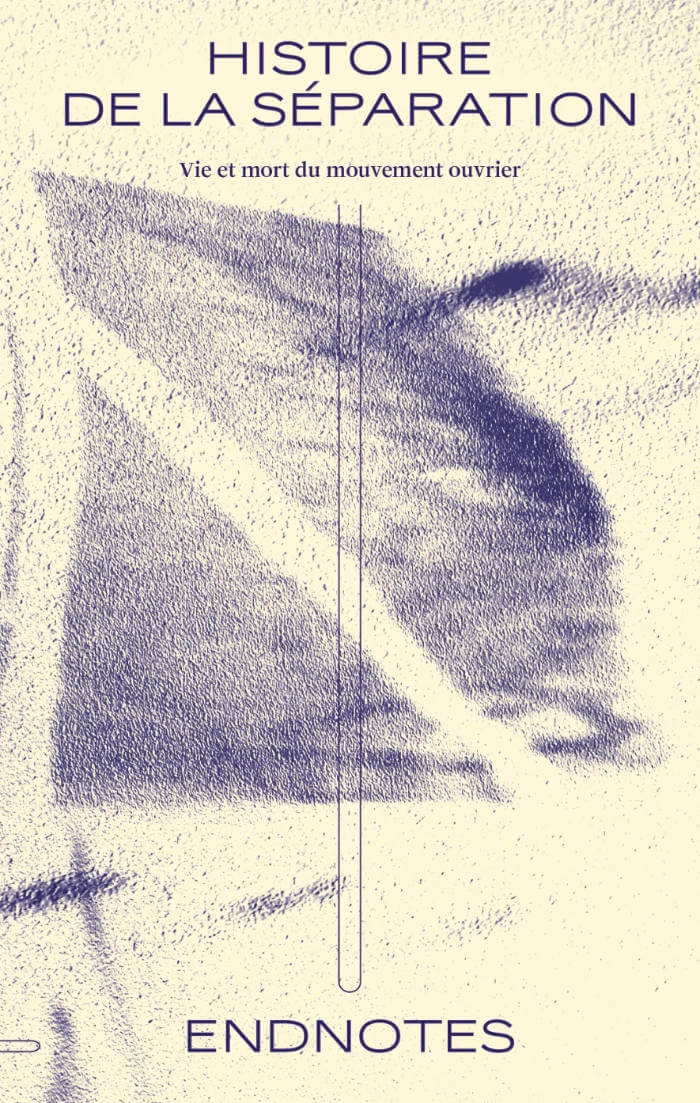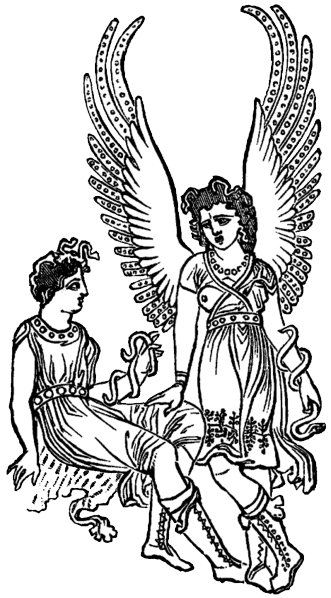The history and future of an alternative, oppositional translation practice.
The threat of machine translation has given way to an alternative, experimental practice of translation that reflects upon and hijacks traditional paradigms. In much the same way that photography initiated a break in artistic practices with the threat of an absolute fidelity to the real, machine translation has paradoxically liberated human translators to err, to diverge, to tamper with the original, blurring creation and imitation with cyborg collage and appropriation.
Seven chapters reimagine seven classic “procedures” of translation theory and pedagogy: borrowing, calque, literal translation, transposition, modulation, equivalence, and adaptation, updating them for the material political and poetic concerns of the contemporary era. Each chapter combines reflections from translation studies and experimental literature with practical guides, sets of experimental translation “procedures” to try at home or abroad, in the classroom, the laboratory, the garden, the dance hall, the city, the kitchen, the library, the shopping center, the supermarket, the train, the bus, the airplane, the post office, on the radio, on your phone, on your computer, and on the internet.






















